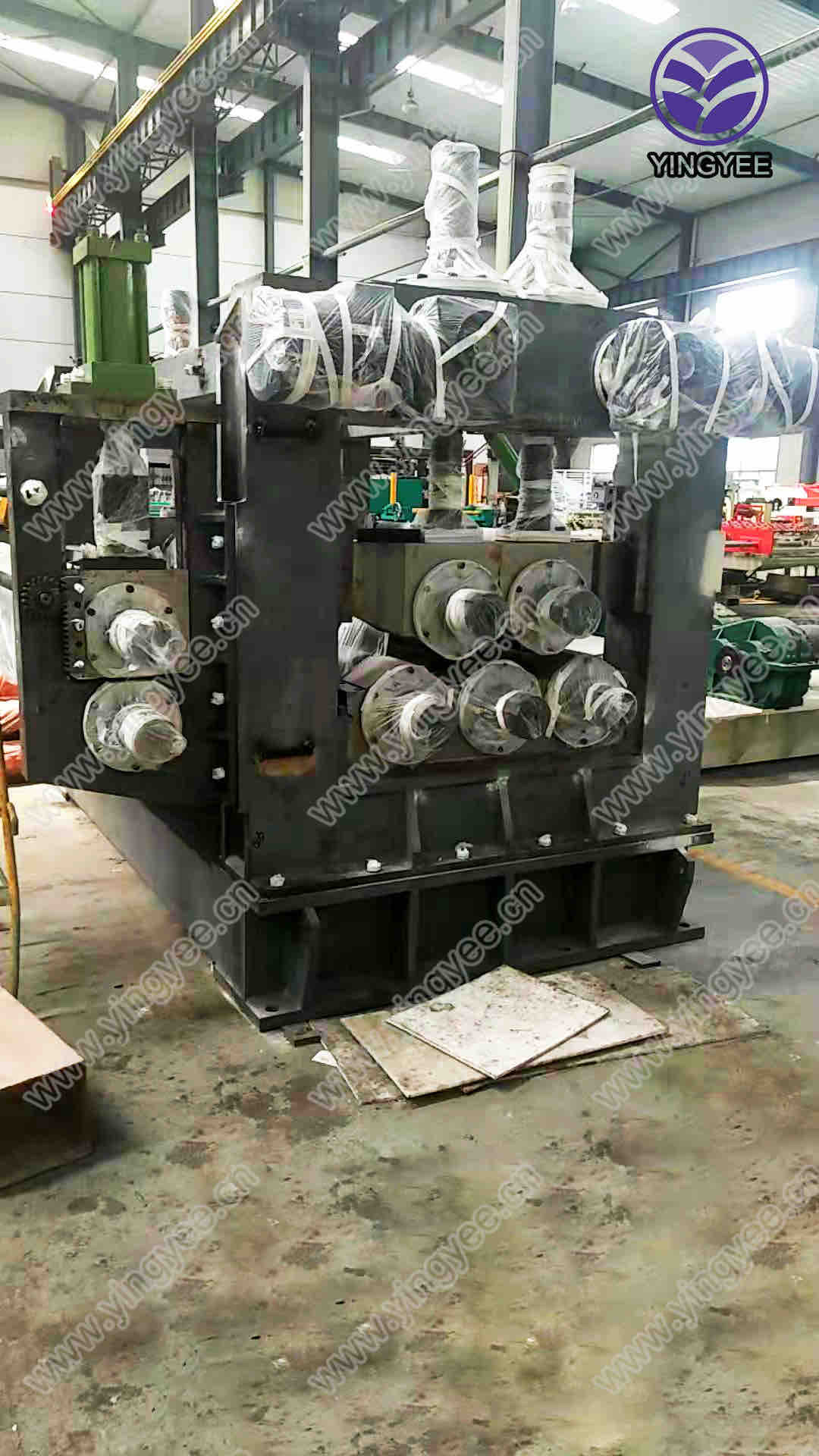
The Evolution and Benefits of Roofing Tile Roll Forming Machines
In the realm of modern construction, the efficiency and innovation of materials play a pivotal role in determining the quality and longevity of buildings. One of the standout advancements in this field is the roofing tile roll forming machine, a state-of-the-art device that has revolutionized the production of roofing tiles.
Roofing tile roll forming machines are engineered to create high-quality roofing tiles with precision and speed. These machines operate by feeding a continuous strip of metal, typically steel or aluminum, through a series of rollers that progressively shape it into the desired tile profile. This method not only enhances production speed but also ensures uniformity and consistency in the tiles produced.
One of the primary benefits of using a roofing tile roll forming machine is its ability to produce lightweight yet durable tiles. Traditional roofing materials like clay or concrete can be heavy and cumbersome, requiring additional structural support for installation. In contrast, roll-formed metal tiles reduce this burden, making them easier to handle and install. As a result, builders save time and labor costs, ultimately leading to more efficient project timelines.

Additionally, these machines allow for the customization of tile designs. With adjustable settings, manufacturers can easily change the dimensions, thickness, and profile of the tiles to meet specific customer requirements or architectural styles. This flexibility enables architects and builders to incorporate diverse aesthetics while ensuring that the tiles maintain their functional integrity.
Environmental considerations are also paramount in today's construction industry. Metal roofing tiles produced from roll forming machines are often recyclable, making them an eco-friendly choice. Furthermore, they are known for their longevity, typically lasting decades with minimal maintenance. This durability reduces the need for frequent replacements, aligning with sustainable building practices and contributing to a lower carbon footprint over time.
The energy efficiency of roofing tile roll forming machines also stands out. Many systems are designed to operate with minimal energy consumption, making the production process more sustainable. In an era where energy costs are a significant concern, this efficiency can lead to cost savings for manufacturers and consumers alike.
In conclusion, roofing tile roll forming machines represent a significant leap forward in roofing technology. Their ability to produce lightweight, customizable, and durable tiles while promoting sustainability makes them an invaluable asset in the construction industry. As the demand for innovative building solutions continues to grow, these machines will undoubtedly play a crucial role in shaping the future of roofing.